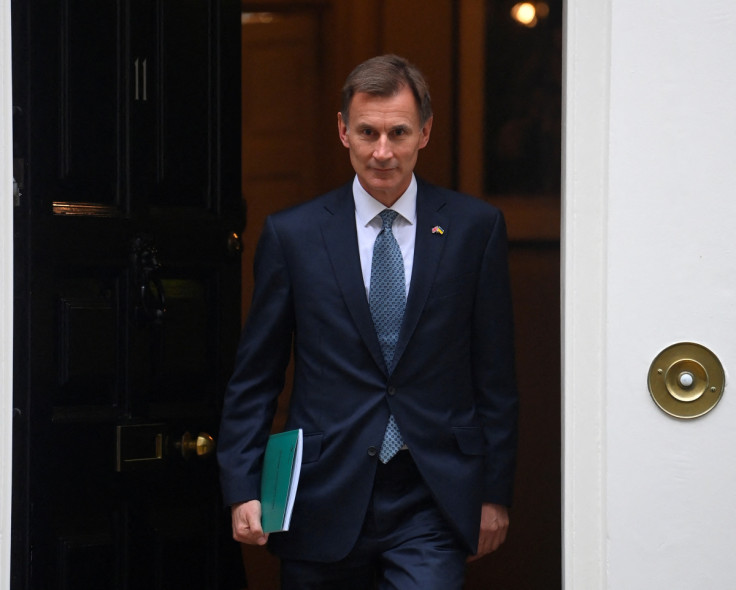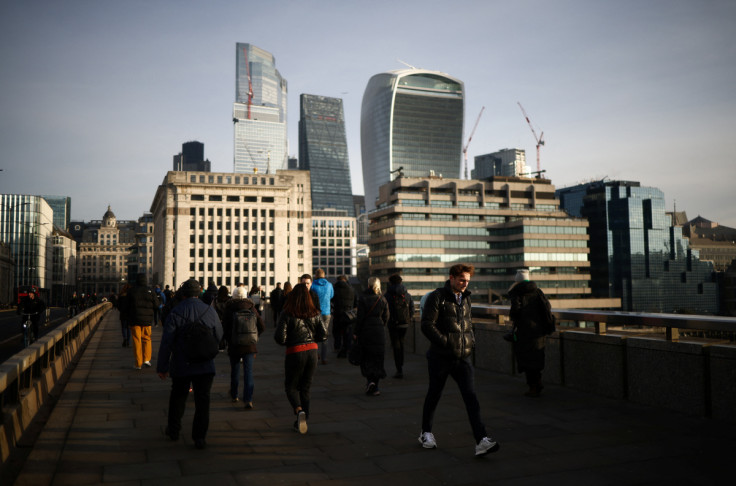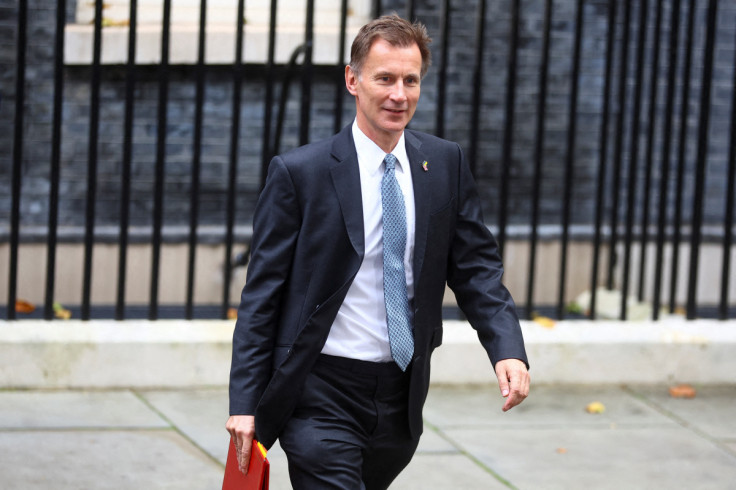Hunt, hemmed in by debt, set to focus on growth in UK budget
British finance minister Jeremy Hunt will announce on Wednesday how he will try to speed up the world's sixth-biggest economy after the shocks of Brexit, a heavy COVID-19 hit and double-digit inflation have left it lagging behind its peers.

British finance minister Jeremy Hunt will announce on Wednesday how he will try to speed up the world's sixth-biggest economy after the shocks of Brexit, a heavy COVID-19 hit and double-digit inflation have left it lagging behind its peers.
Hunt - who is due to make a budget speech to parliament at around 1230 GMT - has dismissed calls from other lawmakers in the ruling Conservative Party for big tax cuts now to boost their fortunes before an election expected in 2024.
Rushed into the Treasury late last year to undo former Prime Minister Liz Truss's unfunded tax cut plans, he says the leap in borrowing costs after her "mini-budget" made clear the limits of relying on the bond market to fund future growth.
Instead, hemmed in by his promise to lower the burden of Britain's 2.5 trillion pounds ($3.0 trillion) of debt, Hunt will seek to tackle some of the causes of Britain's long-term economic funk.
"In the autumn we took difficult decisions to deliver stability and sound money," Hunt is due to say, according to excerpts of his budget speech. "Today, we deliver the next part of our plan: a budget for growth," he adds.

Britain is the only Group of Seven country where output remains below its pre-pandemic size, putting pressure on Hunt and Prime Minister Rishi Sunak with the opposition Labour Party far ahead in opinion polls.
Labour's would-be finance minister, Rachel Reeves, sought to keep the heat on Hunt by calling for urgent action now.
"With 13 years of economic mismanagement and sticking-plaster politics leaving us lagging behind, what we need to see is some real ambition from the government," Reeves said.
Having ruled out a major spending spree or big tax cuts, Hunt will address the acute shortage of candidates for jobs by changing childcare and welfare rules, something he says will help get hundreds of thousands of people back into work.
The Guardian newspaper said Hunt would announce a 4 billion-pound childcare expansion for one and two year-olds in England.
He is also expected to announce measures to improve skills training and give a green light to 12 investment zones.
Last week, Labour attacked the government's "chaotic" approach to business taxation with the corporation tax rate due to jump from 19% to 25% next month.
In an attempt to soften that tax hit, Hunt has hinted at new incentives for business investment.
He is also under pressure from nurses, teachers and other public sector employees who striking for higher pay, while the armed forces say they need more money to support Ukraine in its war with Russia.

MORE HELP ON ENERGY
In the short term, households struggling with high inflation and tax hikes that Hunt announced in November can expect a three-month extension of energy bill subsidies. Hunt is also expected to extend a decade-long fuel duty freeze.
The Treasury said the budget would offer more cost of living help to businesses too.
But many economists think Hunt will use only about half of a recent 30 billion-pound windfall in the public finances, reserving some firepower for closer to the next election.
At just under 100% of gross domestic product, British government debt is slightly above the euro zone average but well below that of the G7 which includes Japan where the ratio stands at more than 200%.
Hunt's future options could be further constrained if Britain's fiscal watchdog turns gloomier about the economic outlook.
Britain is expected to suffer a recession less severe than the Office for Budget Responsibility's (OBR) forecast of a 1.4% slump in 2023 made in its November forecasts. But projections for growth after that could be lowered, reducing tax revenues.
Bond dealers polled by Reuters expect government borrowing to fall to 125 billion pounds in the 2023/24 financial year - down from the 140 billion pounds or 5.5% of GDP which the OBR forecast in November.
($1 = 0.8222 pounds)
(Writing by William Schomberg; Graphics by Vincent Flasseur; Editing by Alison Williams)
Copyright Thomson Reuters. All rights reserved.





















